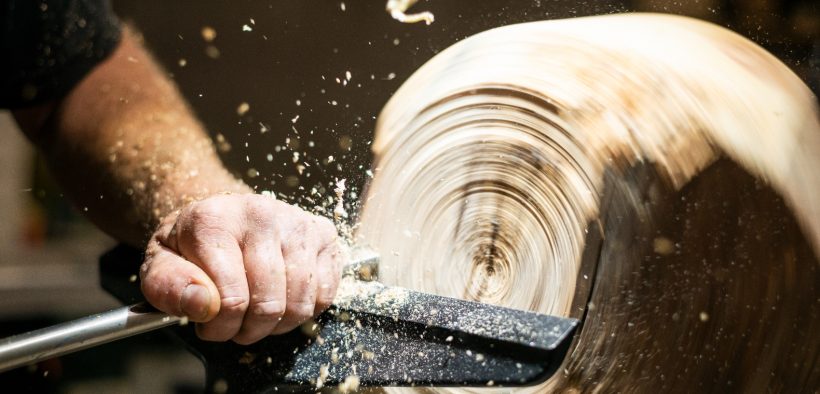My husband just took a wood-turning class, and the night before, he slept very little, worrying about his skills and whether he’d be able to complete the course projects. This from a person who builds houses, boats, and furniture, who forges knives, can repair just about anything, and already has an impressive collection of bowls that he’s turned. How could he possibly imagine he wouldn’t do well in the course?
“Can I Do It?” Accurately Assessing Our Skills

Related Articles
I have two loves: teaching and learning. Although I love them for different reasons, I’ve been passionate about...
Active learning is a mostly meaningless educational buzzword. It’s a feel-good, intuitively popular term that indicates concern for...
Perhaps the earliest introduction a student has with a course is the syllabus as it’s generally the first...
Generative AI allows instructors to create interactive, self-directed review activities for their courses. The beauty of these activities...
I’ve often felt that a teacher’s life is suspended, Janus-like, between past experiences and future hopes; it’s only...
I teach first-year writing at a small liberal arts college, and on the first day of class, I...
Proponents of rubrics champion them as a means of ensuring consistency in grading, not only between students within...







